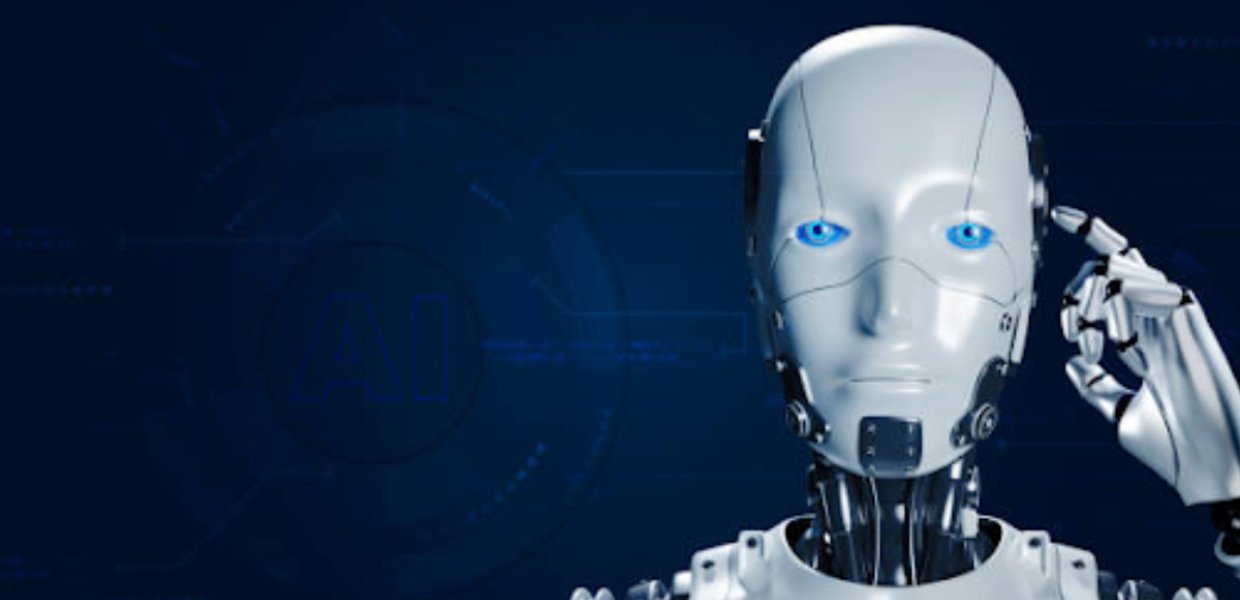When boos rang out about AI at SXSW (the most tech optimist gathering on the planet) it showed us that the birth of AI is the opposite of the birth of the internet 25 years ago, which helps us to see where public sentiment about AI is headed.
Last Spring at Austin’s South by Southwest (SXSW), several tech leaders extolled the virtues of AI and made positive predictions about how it would improve the world. SXSW is one of the leading tech conferences in the world, filled with fans, executives, and investors looking for the next new thing.
There is no audience anywhere that is more supportive of new tech. SXSW attracts enthusiasts who want to see, use, and invest in the newest technologies. Back in 2007, Twitter debuted in front of a SXSW audience who erupted in cheers at the new form of social media .
At this year’s SXSW, one tech panelist urged people “to be an AI leader.” And OpenAI’s Peter Deng shared his (self-serving) view, “I actually fundamentally believe that AI makes us more human.”
Rather than erupting in cheers and wanting to learn more, the audience started booing at all the positive talk of AI.
That’s the reaction we might expect when somebody starts boasting about AI at an organized labor convention, or at a Writer’s Guild meeting where people fear losing their jobs. It is extraordinary that it happened at a fanboy gathering like SXSW.
It is now becoming abundantly clear that AI is different. To a world that knew little or nothing about AI until last year (beyond fictional versions like HAL or Skynet), this is not just another great new technology that will enhance our lives (with a little collateral damage to other people who work on encyclopedias and phone books as happened with the internet).
AI is a game changer, but most of us don’t think it’s a good one — at least not at this early point.
How AI today is different
So far, AI’s path has been the opposite of the internet’s a quarter century ago, when everyone seemed filled with hope at how digital technology could improve our lives.. With AI practically all the public’s attention has focused on fears. And those fears are huge. Few hear or care about the potential positive impact of AI. Instead, we focus on the negative ways it will change our lives, potentially even destroying life itself.
Ask people about how they feel about AI, and the first thing they do is express fear that their jobs will not survive AI. Already, people worry that drivers’ jobs will disappear and that cashiers will be a thing of the past. Many Americans look at their own jobs, concerned that much or all of what they do can be automated. Few fears cut closer to what’s important to people than this. It was one of the major reasons for the Writers’ and Actors’ strikes last year.
Teachers not only worry that their positions may evaporate, but also that their students will never develop fundamental skills, nor be able to compete in the marketplace. What happens when these kids grow up and comprise most of the workforce?
Although it seems farfetched, we frequently hear about the worst fear of all: Artificial Intelligence will become sentient and decide that it no longer needs human beings, thus ending humankind. This is a cliché in science fiction, but in our reality, well-known tech leaders like Elon Musk say AI is a greater threat to humankind than nuclear war. Despite Musk’s recent years of erratic behavior, his credentials as a visionary who sees things that others don’t are unassailable.
As AI develops, will we decide that our fears were unfounded? Will we decide that different forms of AI are extraordinary tools that make almost everything better?
It’s more complicated than that. Though the positive hopes for the internet turned out to be true, it also turned out to have more problems than anyone thought. With AI, we just don’t know what will happen. And that’s the scary part.
Jeffrey Cole is the founder and director of The Center for The Digital Future at USC Annenberg. In July 2004 Cole joined the USC Annenberg as director of the newly formed Center and as a research professor. Drawing from his experiences initiating and overseeing the World Internet Project, a long-term study that analyzes the effects of computer and Internet technology in over 35 countries, Cole provides guidance to governments and top companies globally as they formulate their digital strategies.
